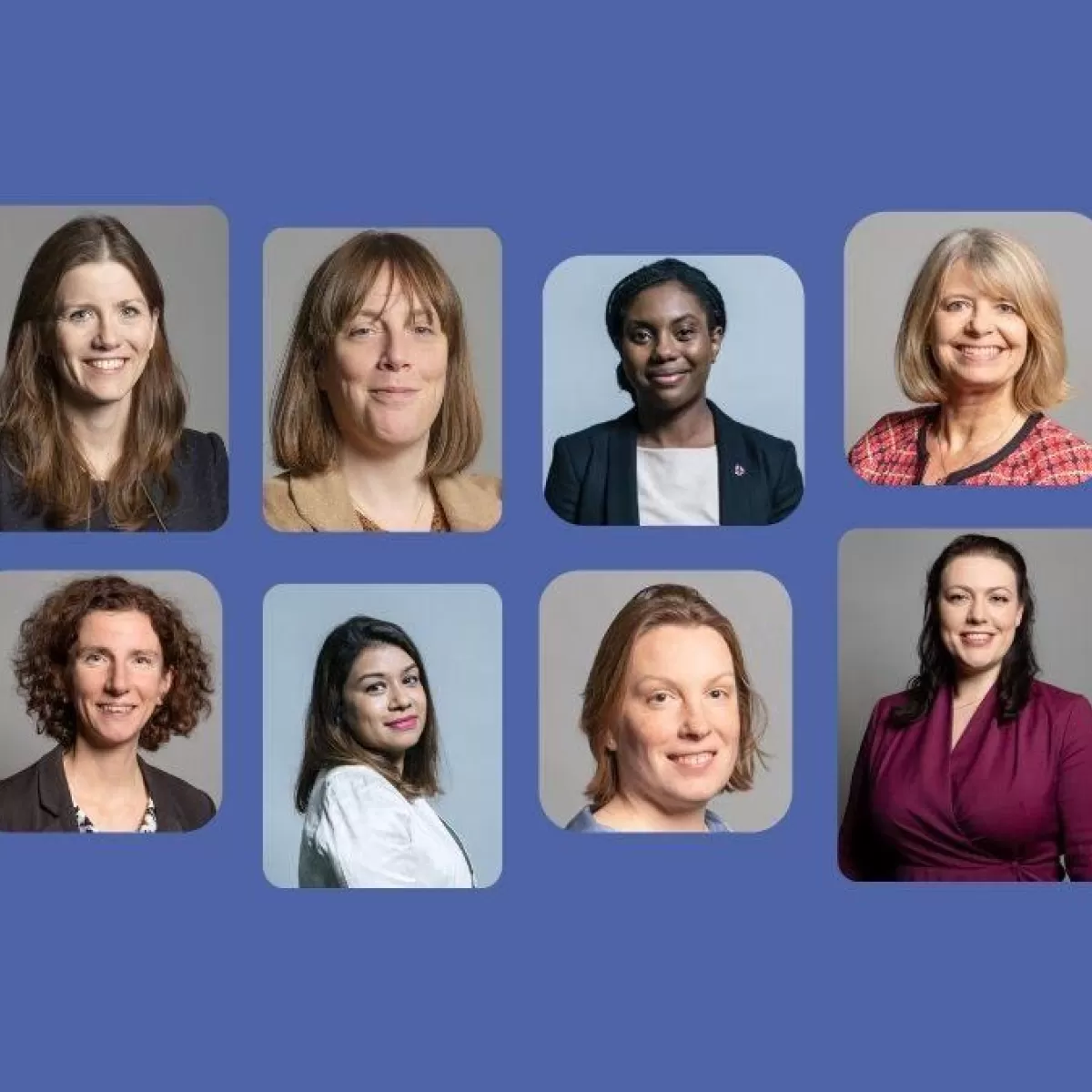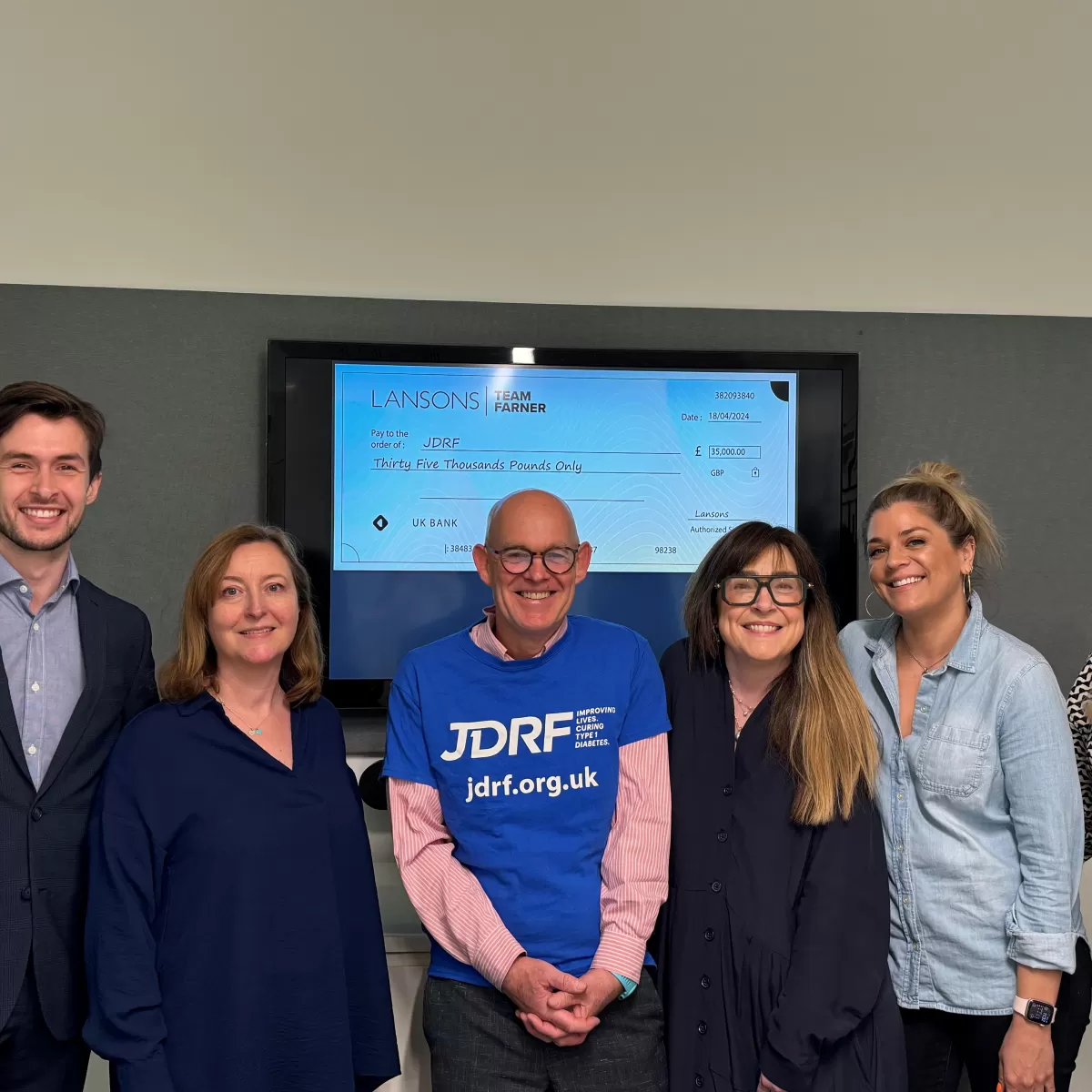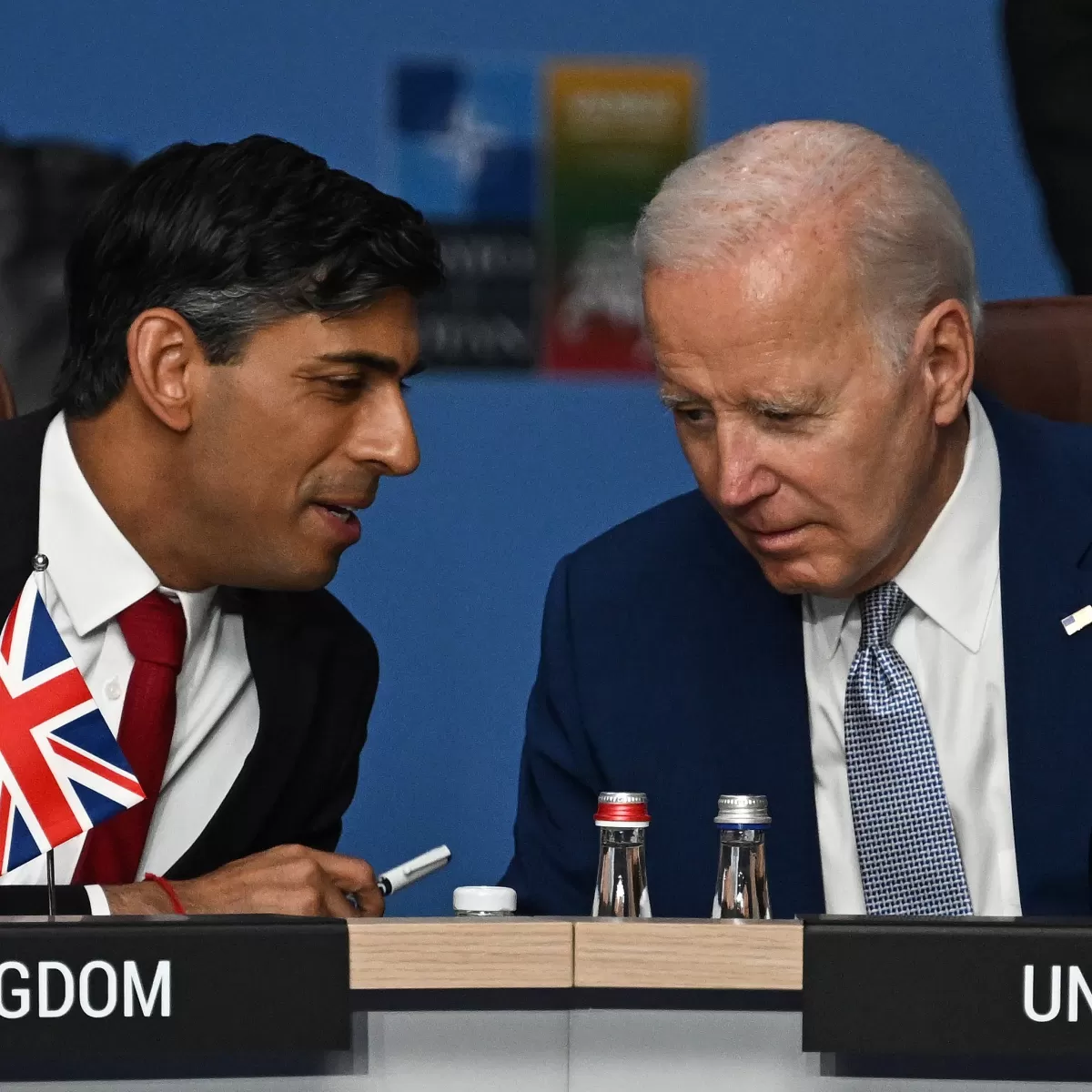This website uses cookies. Learn more
This was a remarkable speech from a Chancellor.
Remarkable for the numbers he threw around – a £355 billion deficit in 2020/21; 7.3% growth next year; and £407 billion total spent this Parliament, taking debt to 97.3% of GDP after these Budget measures.
It was also remarkable for the ambition displayed – both in terms of the thinking in the measures, and the way Sunak presented it.
Given the level of briefing in recent days, you might have been forgiven for thinking that the Government was doing what occurred in 2012, when Osborne’s ‘omnishambles Budget’ unravelled after literally all the measures were leaked (he blames the Liberal Democrats), leaving him nothing new on the day.
This was much more calculated. A Brownian exercise in dominating the agenda for days beforehand – while still leaving something aside to surprise.
Headline policies from the first Budget of the recovery
The rabbit here was unquestionably the 130% Super Deduction – a huge capital allowance under which businesses can reduce their taxable profits by 130% of the value of the up-front investment. Scheduled to run for two years, if it is a serious success, there will be a lot of clamouring for it to have a much longer life. Yet the eye-watering cost – over £12 billion per year – will surely mean the Treasury will fight any such move tooth and nail. This is effectively a fiscal stimulus – the OBR note that it encourages businesses to bring forward spending, dramatically front-loading business investment. The scale of it is also huge – comparable to Labour’s VAT cut in 2007 which cost £11 billion. The only reason this isn’t more immediately attention grabbing is because the other numbers are so huge.
Much of the rest was more expected – the changes to the furlough, the self-employment income support scheme, Treasury North and freeports were all briefed out before. We also knew where the big areas of fiscal retrenchment – corporation tax and income tax – were likely to be, although taking CT to 25% in one go (even with the restoration of the Small Profits Rate which was abolished by Osborne) is a surprise, and something which takes our tax burden to 35% of GDP – the highest level since Roy Jenkins was Chancellor in the 1960s.
Delivery of the Budget
Although the Chancellor was consciously standing in the shoes of his predecessors – his language on the need to fix the finances aped Osborne’s mantras about ‘needing to fix the roof while the sun is shining’ – he departed significantly in tone. The transparency around what he was doing – talking about ‘significant’ decisions which might not be ‘popular’ but were ‘honest’ when he highlighted the fiscal drag that would steadily put more and more people into increased rates of income tax – was striking.
Sunak had decided to make a virtue of a necessity – and in this, departed certainly from the approach either Gordon Brown or Osborne would have taken. His language here was clearly aimed at the Chamber – trying to persuade Tory sceptics of the necessity for these measures; at the country, who he wants to understand and accept the need for some retrenchment; and the financial markets, for whom he hopes rectitude and seriousness of purpose will, for now, stand in for clear fiscal rules and a pathway to balancing the books. The clear implication is that these are coming – but not yet.
If it was possible to see the ghosts of his predecessors in much of his speech, his final section felt different. Looking to the North, Sunak offered the country a vision of what the future economy could be. It felt less like the words of a Chancellor, more the visionary approach of a head of Government. The messianic tone was less redolent of the current Prime Minister, and more of one who has come back into his own through the COVID crisis – Tony Blair. It remains to be seen whether Sunak will go as far, but the higher spend, higher tax approach certainly feels more like the New Labour one. The question is whether the Government can sustain that when spending on schools and hospitals start to fall to meet the new fiscal reality.
-













